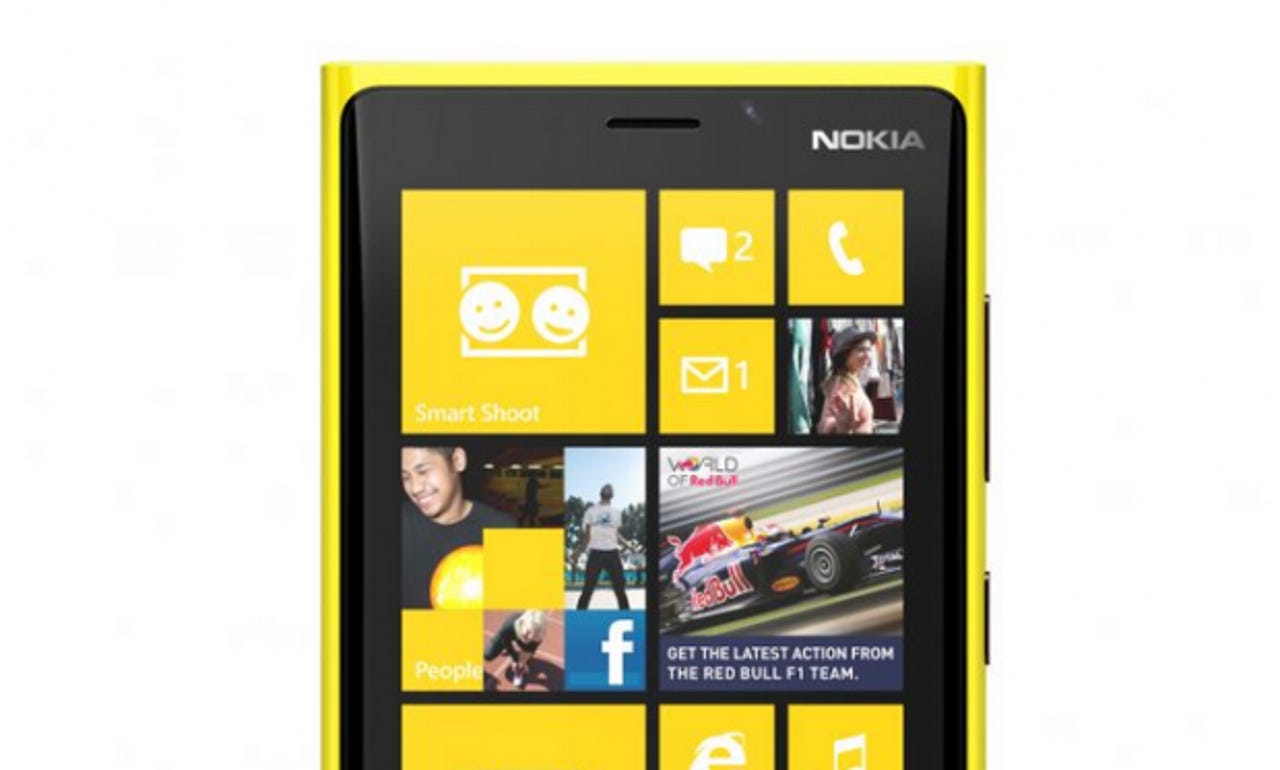Nokia, in search of lost time


For a long time, Nokia executives went to bed happy.
And why wouldn't they? The Finnish mobile communications company was on top of the world, its iconic candybar handsets on every continent at a time when the continents didn't talk to each other very much. Challenged by an economic downturn in its own country in the early 1990s, Nokia shed its accessory businesses and pursued the telecom sector with the might of a multinational outfit. Invested, efficient and ahead of the curve -- suddenly, the folks in Espoo were a household name around the globe, and would be for a decade.
...when I awoke at midnight, not knowing where I was, I could not be sure at first who I was; I had only the most rudimentary sense of existence, such as may lurk and flicker in the depths of an animal's consciousness.
To say that it has been a difficult couple of years for Nokia is a massive understatement, as Apple and Samsung and even Research in Motion surpassed the once-dominant company with newer, "smarter," and ultimately more popular devices. Watching the company make its turnaround, then, is no less hair-raising than the modern James Bond car chase scene. Last week, Nokia fell out of the top five global smartphone vendors, according to the latest IDC figures, suggesting that the company has not quite yet hit bottom.
Smartphones are not all handsets, of course, so the milestone is largely symbolic. (To put it in perspective, Nokia remains the No. 2 mobile phone maker in the world, with three times the market share of Apple.) But smartphones are clearly the direction in which the industry is headed; for Nokia to be sinking and not rising in this area is worrisome indeed.
Smartphones and feature phones are not the only products the company sells, but per its strategy in the 1990s, they are the lion's share of it. That's why the company's $754 million loss last quarter is both unsurprising and disconcerting: sure, Nokia has $4.72 billion in cash on hand, but it's chewing through its coffers rapidly. At this rate, the company won't have a cent to spare in a little over two years, nevermind the debt it carries.
Its fortunes could change quickly, but it remains a race against the clock. Today, Microsoft is expected to formally release Windows Phone 8, the platform to which Nokia has hitched its future. It's been a long, painful wait for the company -- it was almost two years ago that chief executive Stephen Elop called Symbian a "burning platform" on which the company was standing -- but it will be Nokia playing offense, not defense. For Nokia, the Windows Phone operating system will (and must) be an attack, not a capitulation.
The problem? So it will be for Samsung, Huawei and HTC, too. Samsung will use the platform to defend its global pole position -- after all, it's the new Nokia -- while China's Huawei grasps for growth and Taiwan's HTC attempts a desperate turnaround of its own, making the playing field crowded for Nokia's re-entry. Differentiation is more important than ever.
If early reviews are any indication, Noka has a solid contender in the Lumia 920. The challenge now is making people believe. We'll see how that story begins today.
Then, and only then, Nokia's executives can rest easy once more.
Then from those profound slumbers we awake in a dawn, not knowing who we are, being nobody, newly born, ready for anything, the brain emptied of that past which was life until then. And perhaps it is more wonderful still when our landing at the waking-point is abrupt and the thoughts of our sleep, hidden by a cloak of oblivion, have no time to return to us gradually, before sleep ceases.